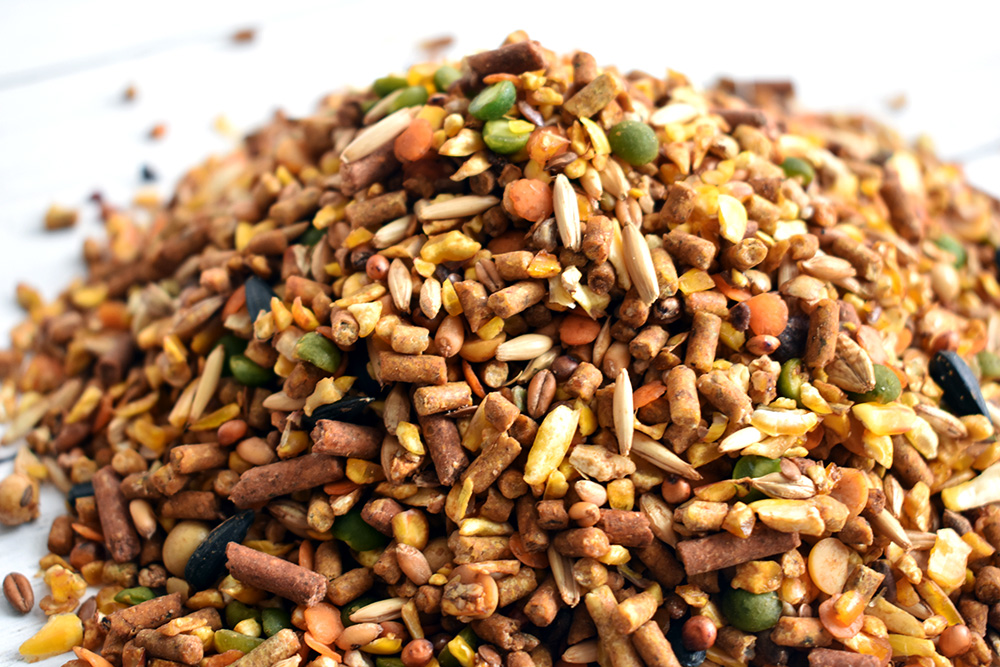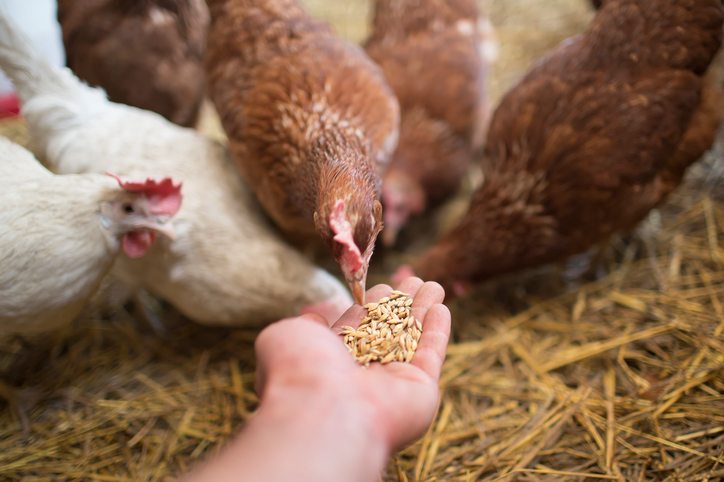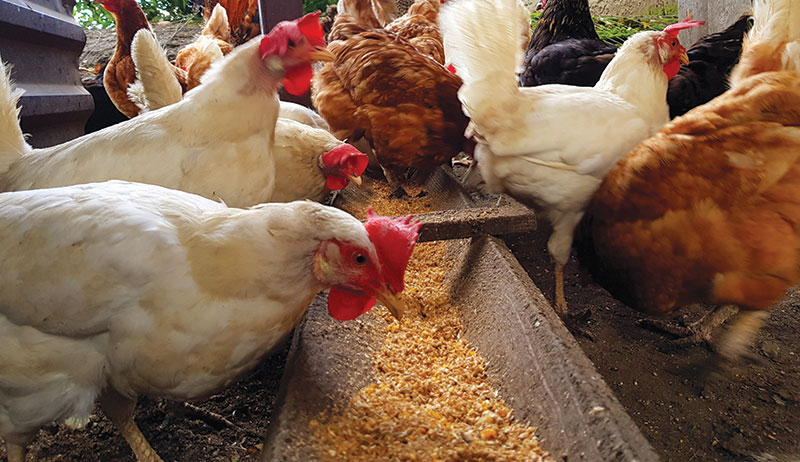Poultry enthusiasts often find themselves asking, ‘What does medicated chicken feed do?’ In the realm of poultry farming, there’s always a buzz about different feeds and their purposes. Understanding the role and benefits of medicated chicken feed is crucial for anyone interested in maintaining a healthy flock.

Introduction to Medicated Chicken Feed
For new and seasoned poultry farmers alike, the importance of using the right feed can’t be overstated. Medicated chicken feed typically contains specific medications aimed at preventing common poultry diseases. But what exactly are these medications, and why are they necessary?

Common Components of Medicated Chicken Feed
What Makes Chicken Feed Medicated?
Medicated chicken feed contains antibiotics or anticoccidial agents. These components are meticulously measured to ensure chickens receive just the right amount to prevent diseases without causing harm.
Types of Medications Used
The most common medications found in chicken feed are Amprolium and Bacitracin. Each serves a distinct purpose, from tackling parasitic infections to addressing bacterial concerns.

Benefits of Medicated Chicken Feed
Prevention of Common Diseases
One of the primary advantages of medicated chicken feed is its role in disease prevention. Common ailments like Coccidiosis and bacterial enteritis can be thwarted effectively, ensuring healthier birds.
Improved Growth and Development
By preventing diseases, medicated feed often supports better growth and development of chickens. Healthy chickens grow faster and produce better quality eggs and meat.
Cost-Effective Farming
While the initial investment in medicated feed might be higher, the long-term savings from avoiding veterinary costs and reducing mortality rates make it a cost-effective choice.

How to Use Medicated Chicken Feed
Proper Dosage and Administration
Understanding the right dosage is crucial. Overmedicating can lead to resistance, while undermedicating might be ineffective. Always follow the manufacturer’s recommendations.
Timeframe for Use
Medicated feed is typically used during the first few weeks of a chick’s life, known as the brooding period. However, it’s essential to switch to non-medicated feed as chickens mature to avoid unnecessary medication consumption.
Potential Risks and Considerations
Avoiding Overmedication
While medicated feed offers tremendous benefits, it’s important not to rely on it entirely. Overmedication can lead to drug resistance, making future treatments less effective.
Withdrawal Period
There is often a required withdrawal period, during which chickens should not be given medicated feed, especially before slaughter. This ensures that no medication residues remain in the meat.
Alternatives to Medicated Feed
Probiotics and Natural Supplements
Many farmers opt for natural supplements and probiotics to boost the immune system of their chickens. These alternatives can be effective but often require more diligent management.
Vaccination Programs
Integrating vaccination programs can also serve as an alternative or complementary approach to medicated feed. Vaccines can provide targeted protection against specific diseases.
Conclusion
In conclusion, understanding what does medicated chicken feed do can significantly impact the health and productivity of your flock. While it offers numerous benefits, mindful use is essential to avoid potential risks. For those interested in delving deeper, sources like the [Guide to Different Colored Chicken Eggs here](https://backyardpoultry.iamcountryside.com/eggs-meat/a-guide-to-different-colored-chicken-eggs) provide further insights into poultry care.
FAQs
What is the purpose of medicated chicken feed?
Medicated chicken feed primarily aims to prevent common poultry diseases, especially during the early, vulnerable stages of a chicken’s life.
How long should I use medicated chicken feed?
Typically, medicated feed is used during the first few weeks of a chick’s life. Afterward, it’s essential to switch to non-medicated feed to avoid unnecessary medication.
Are there natural alternatives to medicated chicken feed?
Yes, natural alternatives such as probiotics, natural supplements, and vaccination programs can also help maintain flock health without the use of medicated feed.
For more information on chicken breeds, check out articles like full-size and mini-size chicken breeds, chicken breeds that lay jumbo eggs, and best-tasting chicken breeds.
As an Amazon Associate, I earn from qualifying purchases.








